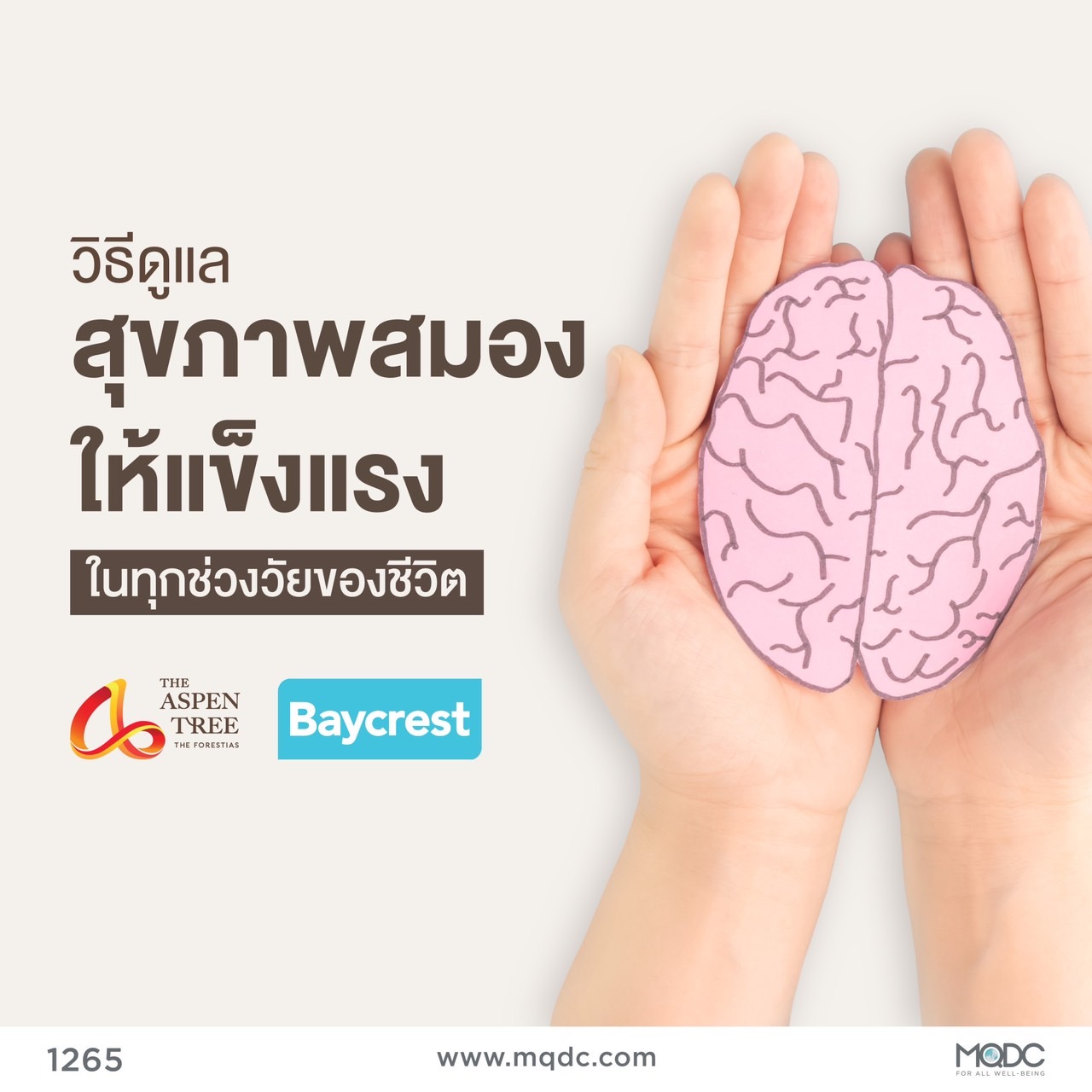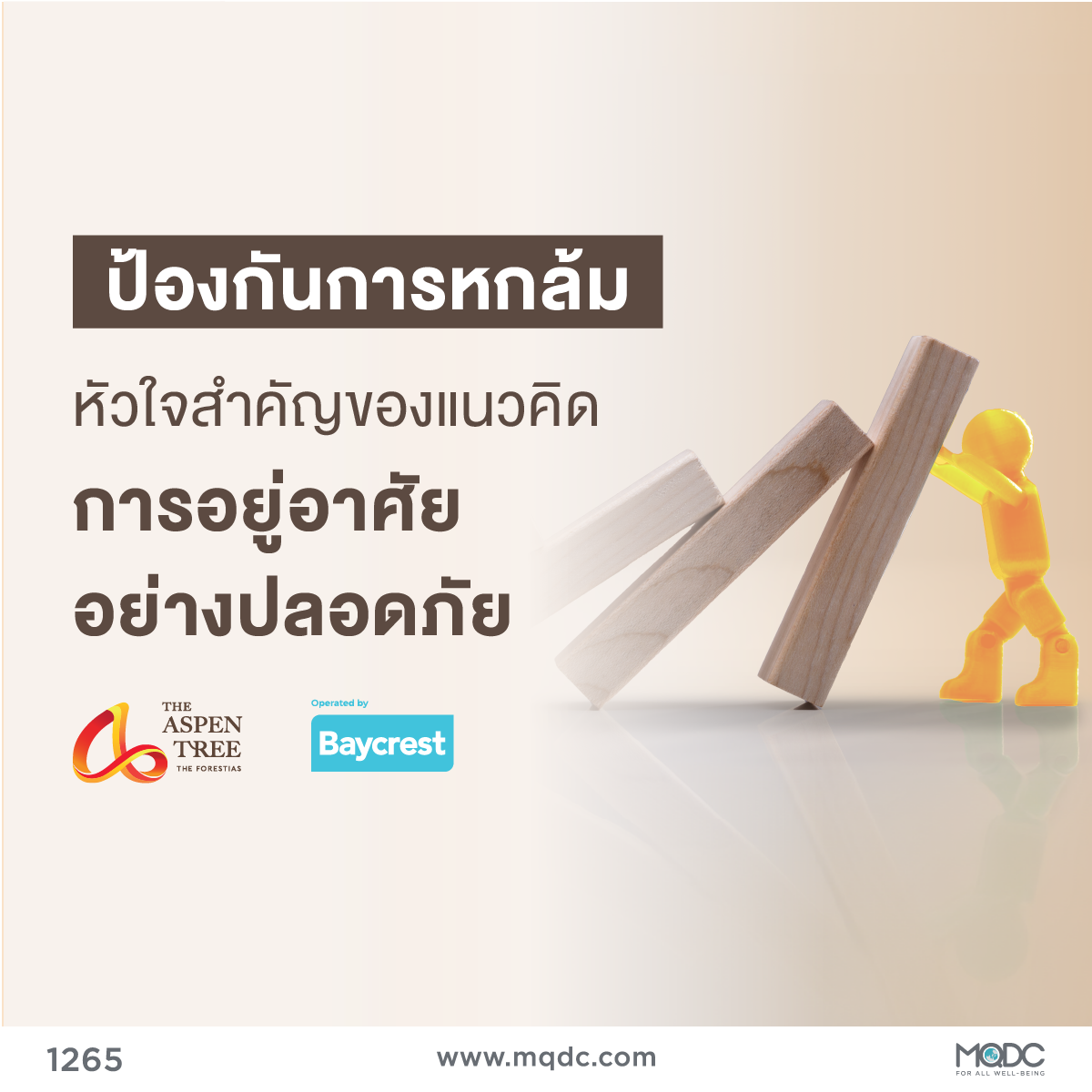Although some people consider Alzheimer’s disease and related dementias to be concerns only for older adults, they are diseases we must pay attention to, no matter our age. Dementia starts to develop decades before the initial memory loss symptoms appear. Fortunately, researchers now know that there are many things we can do to help maintain our brain health so we can age without fear. Below, we look at some of these preventative factors as they relate to different stages of our lives.
Childhood and Adolescence
Learning Another Language
Throughout childhood and adolescence, our brains develop incredibly rapidly, allowing us to learn new things very fast. This is a great time to learn a second language. In 2007, a groundbreaking study co-led by Baycrest researchers, was the first to report the link between bilingualism and the delayed development of dementia. Specifically, bilingual people in this study showed symptoms of dementia four years later than monolingual people did. Since then, we have seen a growing body of evidence supporting the protective effects of bilingualism on brain health.
Playing Music
If you didn’t learn to speak a second language as a child or teenager, don’t worry. Whenever you decide to learn another language, you’re training your brain to be more efficient. Like bilingualism, playing an instrument has also been linked to better brain health — whether you are a child prodigy or picking up your first instrument at age 75.
Adulthood
Exercise
As adults, it can be challenging to fit exercise into our day. We no longer have mandatory gym classes at school, professional and familial responsibilities take up much of our time, and we may have jobs that require us to sit for large portions of the day. However, it’s important to make exercise a habit. Physical activity is incredibly beneficial, not only for our heart health, joints, muscles and bones, but also for our brains. It reduces the risk of developing dementia and has also been linked to decreased stress and improved mental health.
“There’s nothing better for your brain than exercise,” says Dr. Howard Chertkow, Baycrest’s Chair in Cognitive Neurology and Innovation, Director of the Kimel Family Centre for Brain Health and Director of the Anne & Allan Bank Centre for Clinical Research Trials. “You should aim for 150 minutes a week of moderate exercise.”
Healthy Food
Also beneficial for brain health is proper nutrition. While busy days and to-do lists can make it tempting to forgo nutritious food for quick, less healthy options, it’s important to feed ourselves well.
“Heart health plays a huge role in brain health. Research consistently shows that a heart-healthy diet high in fruits, vegetables, whole grains and fish helps preserve brain health, while a diet high in saturated fat, red meat and highly processed foods is associated with greater rates of heart disease, cognitive decline and an increased risk of developing dementia,” says Dr. Carol Greenwood, Senior Scientist Emeritusnat the Rotman Research Institute (RRI) and co-developer of the Baycrest Brain Health Food Guide.
Sleep
Finally, it’s important to prioritize sleep. Research suggests that people who get less than six hours of sleep a night have an increased risk of developing dementia. Aim to get at least seven hours of sleep, or even eight, if possible.
Older Adulthood
Relaxing with Books or Card Games
For many of us, our sixties mark the transition to retired life and the golden years, bringing us more freedom and time for leisure activities. While you should enjoy your hard-earned relaxation, it is also critical during this time to keep your brain active to protect your brain health. Do things you enjoy and find mentally stimulating — for example, reading, playing cards, listening to lectures or visiting museums and galleries.
Socializing
Social connection is another key factor for brain health. During our working years, many of us have a built-in, baseline social network in the form of our colleagues. When we no longer have to work, it can be easy to become less social. However, it is important to maintain existing social connections or foster new ones. According to Dr. Linda Mah, Senior Clinician Scientist at the RRI, when we are lonely, we experience increased stress, which may be damaging to parts of the brain involved in forming memories.
Hearing
Finally, don’t put off treating hearing loss. Many older adults have difficulty isolating relevant sounds from background noise in day-to-day communications, such as listening to a friend’s voice in a noisy restaurant. This reduced ability puts us at risk for social isolation, which is linked to an increased chance of developing dementia. Addressing hearing loss is an important factor in protecting our brain health and quality of life as we age.
A Health Body, Mind, and Brain at 50+ at The Aspen Tree in The Forestias with Lifetime Care by Baycrest
Now that medical technology lets us live longer, how great would it be to have a residence that looks after you for life (Holistic Lifetime Care)? Imagine the comfort and convenience of full facilities, a focus on services and preventive care, along with activities and leisure with a Health & Wellness program…
Discover a community tailored to your lifestyle. Health experts, overseen by Baycrest, a world-renowned Canadian eldercare center with over 100 years of experience, are on hand to boost your physical, mental, and brain health. Enjoy safety, convenience, and peace of mind in every aspect.
The Aspen Tree at The Forestias is operated by Baycrest and has a Health & Brain Center with healthcare services to counter dementia. Healthcare specialists are there 24 hours a day for your peace of mind and holistic well-being.
Live a carefree life in the free time of life. Let's discover the perfect life together.
Find out more now CLICK https://mqdc.com/aspentree
Call: 1265
LINE OA: @TheAspenTree CLICK https://mqdc.link/3Emhkde
References
http://baycrest.uberflip.com/baycrest/brainmatters-fall-2021









